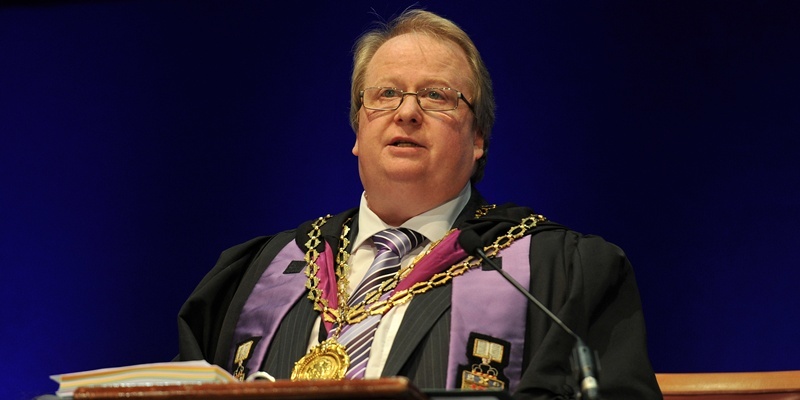Scotland’s biggest teaching union has warned of a ”time of industrial strife” if pension talks fail.
EIS president Alan Munro said members had been angered by an ”outrageous and unjustified attack” on their pensions by a ”bullying” Westminster coalition Government and warned that schools could be hit by fresh strikes.
Speaking at the union AGM in Dundee, he said negotiations now under way with the Scottish Government were critical if further industrial action was to be averted.
He said: ”We simply cannot countenance the prospect of our members working to 68 or beyond before accessing their pensions.
”We cannot allow the Westminster Government to greatly increase the cost of our pension and massively decrease the pension we will eventually receive.
”We look to the Scottish Government to negotiate a just agreement with us.
”If these negotiations fail, and I sincerely hope they do not, then we face a very real risk of a regrettable but unavoidable time of industrial strife involving further strikes in the not too distant future.”
The EIS took part in the mass one-day strike by public sector workers in November, forcing the closure of most schools across the country.
A planned strike in March was suspended after talks with the Government were agreed.
Mr Munro added that the union would be demanding a ”just and restorative pay award” when salary talks began next year.
He also criticised the ”managerialist model” of teaching proposed by the McCormac Review of teaching employment and said its call for flexibility by staff amounted to a ”license to pile ever more work on teachers who are creaking under the strain of a culture of excessive workload”.
During the AGM delegates will debate a motion calling for a one-year delay in the introduction of the National 4 and 5 exams, which are due to replace Standard Grades and Intermediates in 2014 as part of the Curriculum for Excellence.
The motion would seek an immediate ballot of members on industrial action, including strikes, if the Scottish Government and local authorities did not agree to the postponement.
Last month Education Scotland said implementation of the exams was on track.
Chief executive Dr Bill Maxwell said secondary schools were making ”good progress” and making good use of the available support.
But Mr Munro said: ”Our members have told us, and continue to tell us, of the widespread need for more time to prepare and for more resources.
”We passed on this message clearly to the CfE management board and to the cabinet secretary, who seems to take a long time to begin to listen.
”Even when he starts to acknowledge there is an issue, he does so grudgingly and still insists on sending out the message that he thinks that it is only a small number of departments or schools who are in ‘difficulty’ and who will be requiring help.”
A Scottish Government spokesman said: ”We will continue to work with teachers and all other partners to keep implementation under review and ensure we stay on track in every subject and in every school and get on with implementing Curriculum for Excellence.”See further coverage of the conference in Saturday’s Courier
